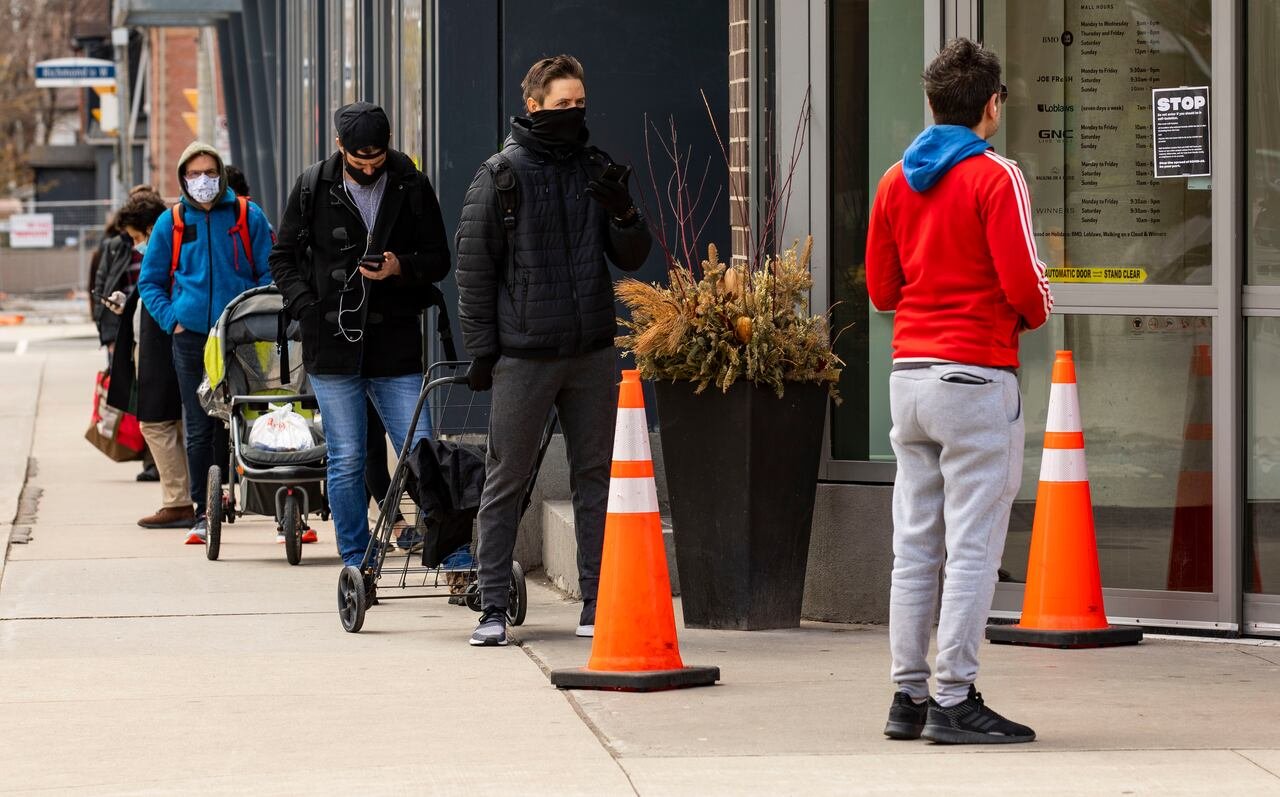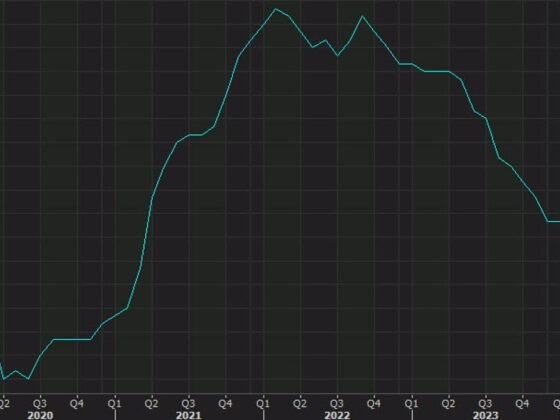
The federal government is developing a national long Covid strategy, with a parliamentary inquiry hearing the condition has resulted in job losses and homelessness among some sufferers.
The chief medical officer, Professor Paul Kelly, said the federal health department had been tasked with developing a national long Covid strategy that would cover prevention, immunisation, treatment and research into the condition.
“That is well under way,” Kelly said at a public hearing on Friday, although he went on to say the strategy would probably not be finalised until after the health department had received advice following the parliamentary inquiry into long Covid and repeated Covid infections.
Speaking at the inquiry’s third public hearing on Friday, Labor MP Dr Michelle Ananda-Rajah said, “I think we’re going to probably land on a recommendation that we obviously need national guidelines … and perhaps living guidelines that keep evolving as the data keeps coming in.”
- Sign up for Guardian Australia’s free morning and afternoon email newsletters for your daily news roundup
People affected by long Covid told the inquiry about months-long wait times to see specialists, and dismissal of their symptoms by medical professionals.
Administrators of the Australia Long Covid Community Facebook group said some of their members had lost jobs and become homeless due to the condition.
Dr Su Mon Kyaw-Myint, a population health researcher and one of the group’s administrators, said she waited for five months to get into a long Covid clinic, despite being at risk because she has a rare form of muscular dystrophy.
“Everything is so siloed,” she said. “You get referred to so many specialists, the specialists right back to the GP … sometimes you wait six months to see a specialist and then you don’t get even speak to the specialist again.”
Associate Prof Nada Hamad, a doctor who shared her own experience of long Covid, described the treatment of people with the condition as “a system failure”. Hamad experienced debilitating shortness of breath, cardiac symptoms and fainting episodes after multiple mild Covid infections.
“Doctors would say things. You need to lose weight, perhaps it’s just fitness, you need to exercise more,” Hamad said. “I would say – the moment I get out of bed, my heart rate is at 160 [beats per minute]. I’m a runner, my normal heart rate sits in the 50s.
“I heard so many times – it is just psychological, exercise surely will fix it, you just need to get fitter, your blood tests look fine. You look fine. These are all things I heard and should not have had to endure.”
A lack of data about long Covid in Australia was repeatedly raised as a concern during the hearing. Dr Jason Agostino, a senior medical adviser at the National Aboriginal Community Controlled Health Organisation, told the inquiry that there was “no clear evidence on long Covid cases among Aboriginal and Torres Strait Islander people – most jurisdictions have not shared data on presentations to their long Covid clinics by Indigenous status”.skip past newsletter promotion
Sign up to Guardian Australia’s Morning Mail
Free daily newsletter
Our Australian morning briefing email breaks down the key national and international stories of the day and why they matter
Newsletters may contain info about charities, online ads, and content funded by outside parties. For more information see our Privacy Policy. We use Google reCaptcha to protect our website and the Google Privacy Policy and Terms of Service apply.
after newsletter promotion
Kelly said there was a need for a “clearer definition that can be useful to diagnose long Covid. The ones we’re using at the moment – the WHO definition, the NICE definition from the UK, they’re great for research purposes, because they’re so broad.”
“What data do you actually collect when you’ve got a new disease characterised by 200 different symptoms, with a range of tests that are being done in different ways in different places? … It’s very complicated,” he said.
Dr Ruth Vine, the deputy chief medical officer for mental health, was asked about the psychological impacts of long Covid saying, “One of the most important things actually is to give people hope of … recovery.”
But Robin Austin, an administrator of the long Covid Facebook group, said, “Yes, hope is important. But without that information, without that knowledge, without the attempt to diagnose … hope is in a vacuum. For me, and for lots of people, it is useless.”
Penelope McMillan, a spokesperson for Myalgic Encephalomyelitis/Chronic Fatigue Syndrome (ME/CFS) Australia, said she was not surprised by the testimony of people with long Covid.
“People with post viral illness – we’re not new. This is not new. I’ve had ME/CFS for 25 years, and the stories are so familiar.”
The inquiry continues.
… we have a small favour to ask. Tens of millions have placed their trust in the Guardian’s fearless journalism since we started publishing 200 years ago, turning to us in moments of crisis, uncertainty, solidarity and hope. More than 1.5 million supporters, from 180 countries, now power us financially – keeping us open to all, and fiercely independent. Will you make a difference and support us too?
Unlike many others, the Guardian has no shareholders and no billionaire owner. Just the determination and passion to deliver high-impact global reporting, always free from commercial or political influence. Reporting like this is vital for democracy, for fairness and to demand better from the powerful.
And we provide all this for free, for everyone to read. We do this because we believe in information equality. Greater numbers of people can keep track of the global events shaping our world, understand their impact on people and communities, and become inspired to take meaningful action. Millions can benefit from open access to quality, truthful news, regardless of their ability to pay for it.











